
Healthy diets, cultures and traditions
Monday, 24th July, 09:30-11:00
Diets are not only the sum of foods they are made up of. They reflect a much larger perspective – involving cultural, social, economic, environmental, and health aspects. Traditional diets are rooted in the territory, ecosystems and the local community where they are consumed. The Mediterranean Diet is an example of traditional diet that safeguard individual and collective health, respect nature, valorize local traditions, and promote business development, social equity, and prosperity. The objective of the session is to show the importance of traditional healthy diets in addressing the challenges of malnutrition and in acting as a catalyst for transitioning food systems towards resilience and sustainability.
Traditional food systems are maintained especially by local communities, who retain knowledge of the local agroecosystems. This leads to the perseverance of specific food cultures within their regions. Such patterns are observed in various parts of the world, particularly some rural communities still cherish their traditions including their food systems, which are indeed their intangible natural and cultural heritage. However, several factors are causing lower adherence to traditional food cultures, including population pressures, urbanization, and climate change. Many of these changes are not for the better.
The session will focus on the following questions:
- How can traditional diets protect and revitalize agrifood systems, including their communities, cultures, environments, and business models?
- What are the lessons and the best practices that we can learn from the Mediterranean Diet, which is the only traditional diet recognized as (UNESCO Intangible Heritage of Humanity)?
The session will focus particularly on the lessons learned from the Mediterranean Diet. Special enphasis will be put on the role that territories and local entities have to valorize and preserve the various forms of Mediterranean Diet; then, it will highlight how can civil society organizations, the private sector, chefs and farmers’ organizations promote and enable preservation of the Mediterranean Diet from production to consumption.
Speakers
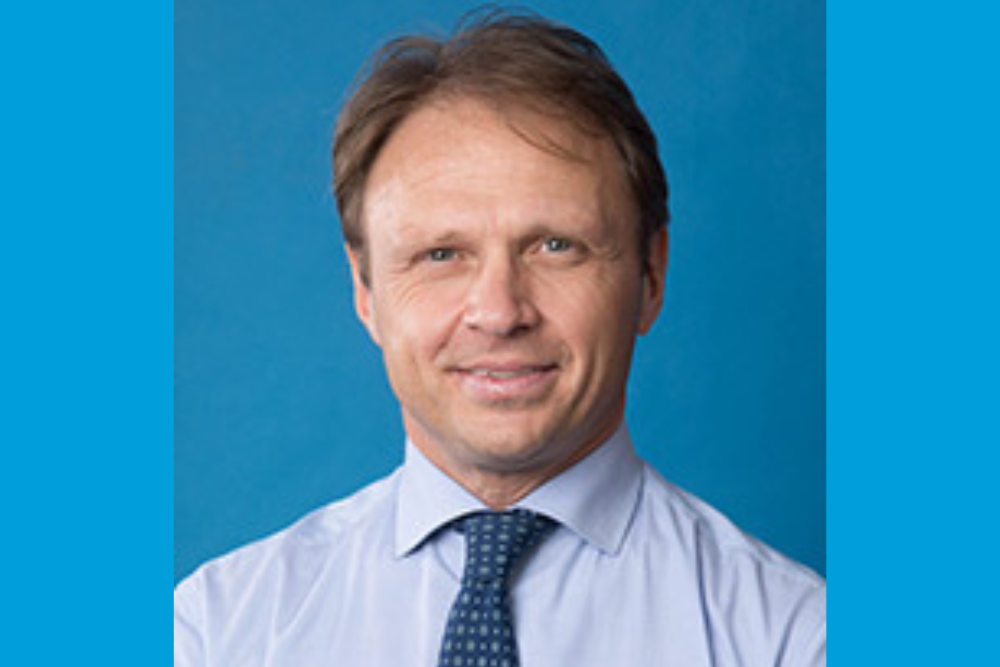
H.E. Mr. Francesco Lollobrigida
Minister of Agriculture, Food Sovereignty and Forestry, Italy
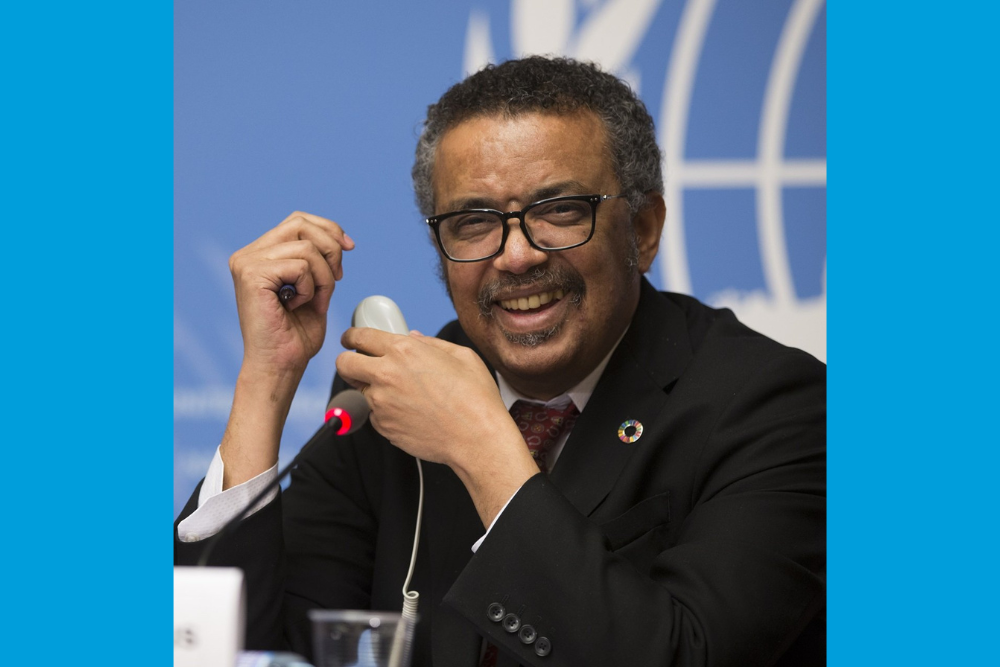
Mr. Tedros Adhanom Ghebreyesus
Director-General of the World Health Organization

H.E. Ms. Frida Krifca
Minister of Agriculture (Albania) and President of CIHEAM
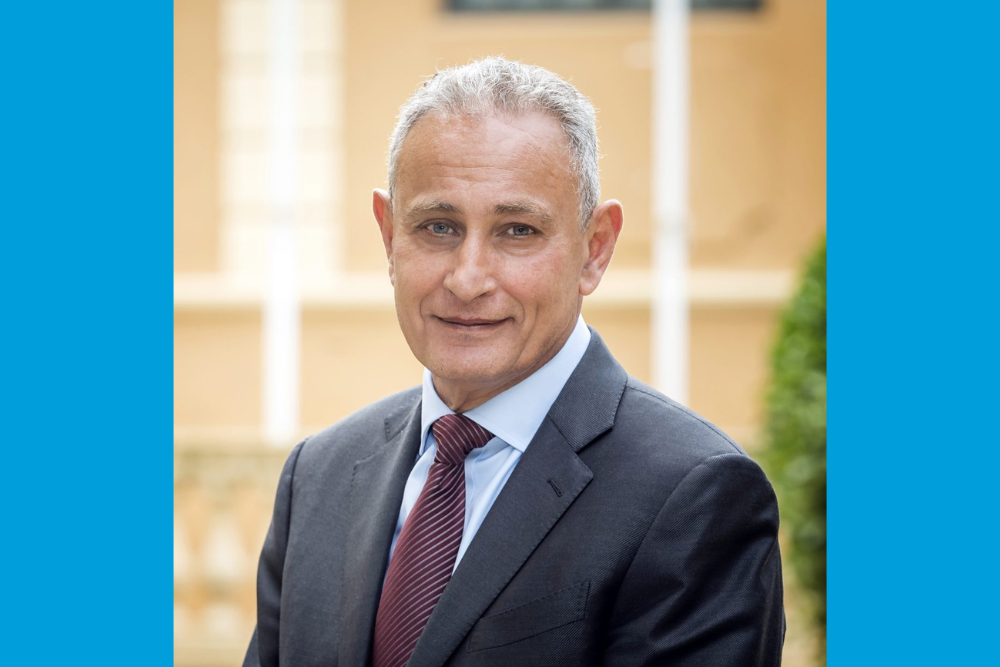
H.E. Mr. Nasser Kamel
Secretary General of the Union of the Mediterranean
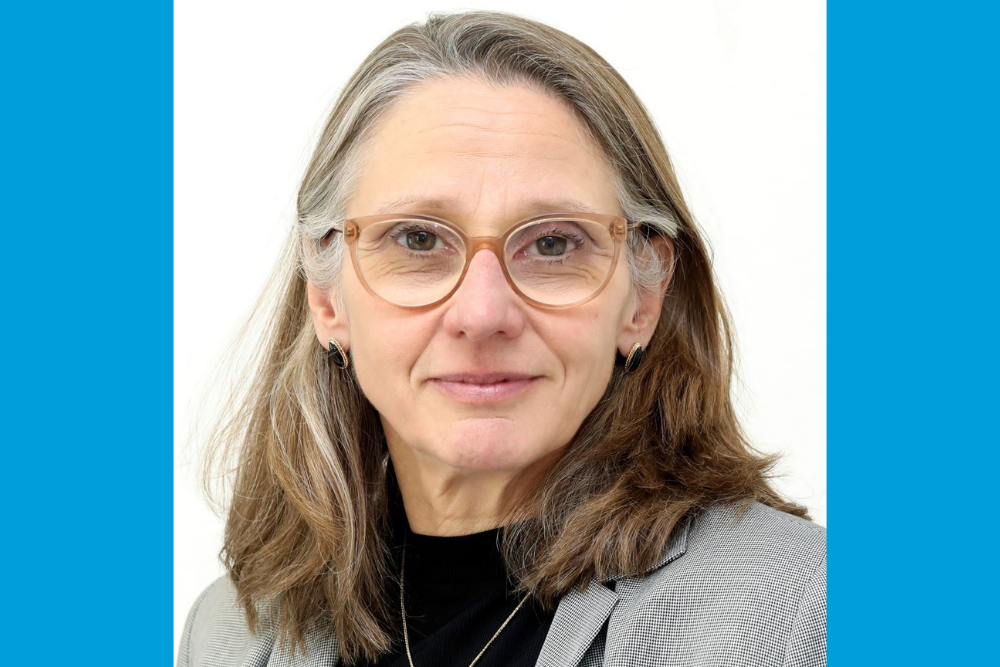
Ms. Lynnette Neufeld
Director, Food and Nutrition Division, FAO
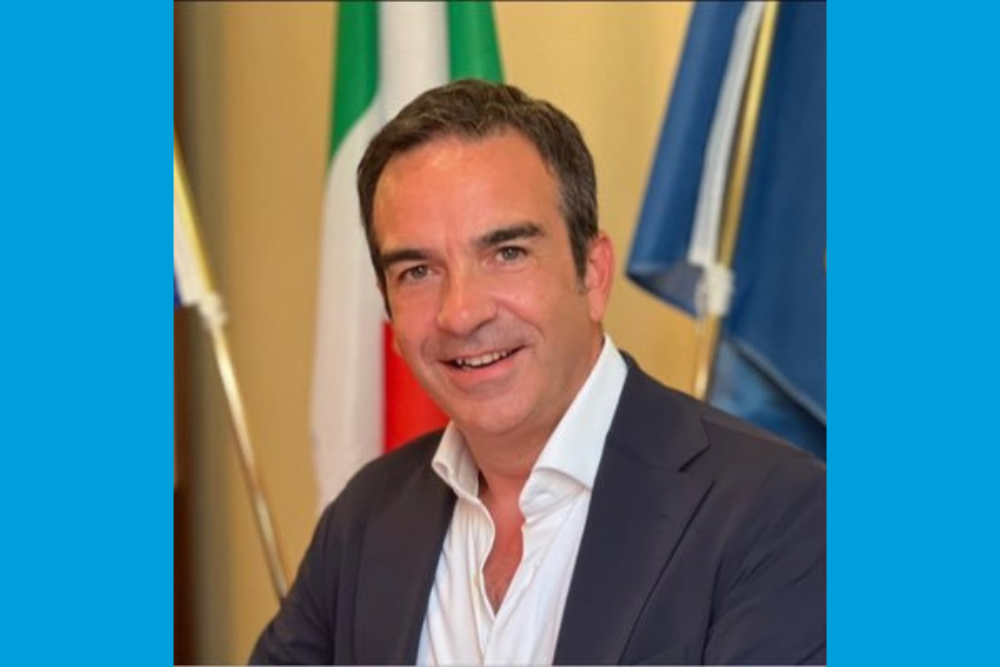
H.E. Mr. Roberto Occhiuto
President of Calabria, Italy and President of the Intermediterranean Commission
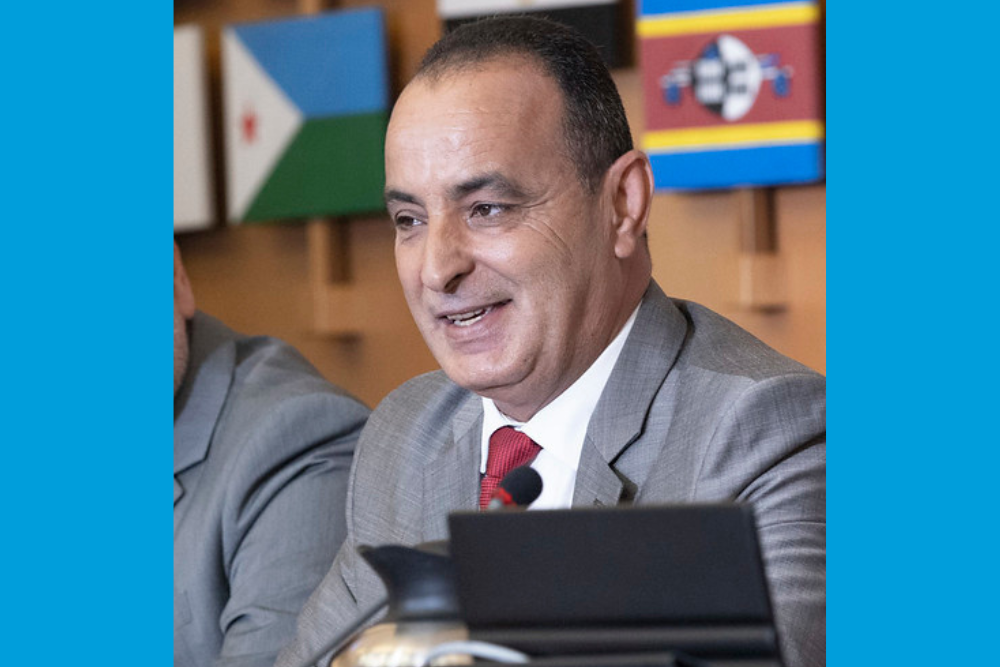
H.E. Mr. Said Ben Zayed
Governor of Medenine, Tunisia
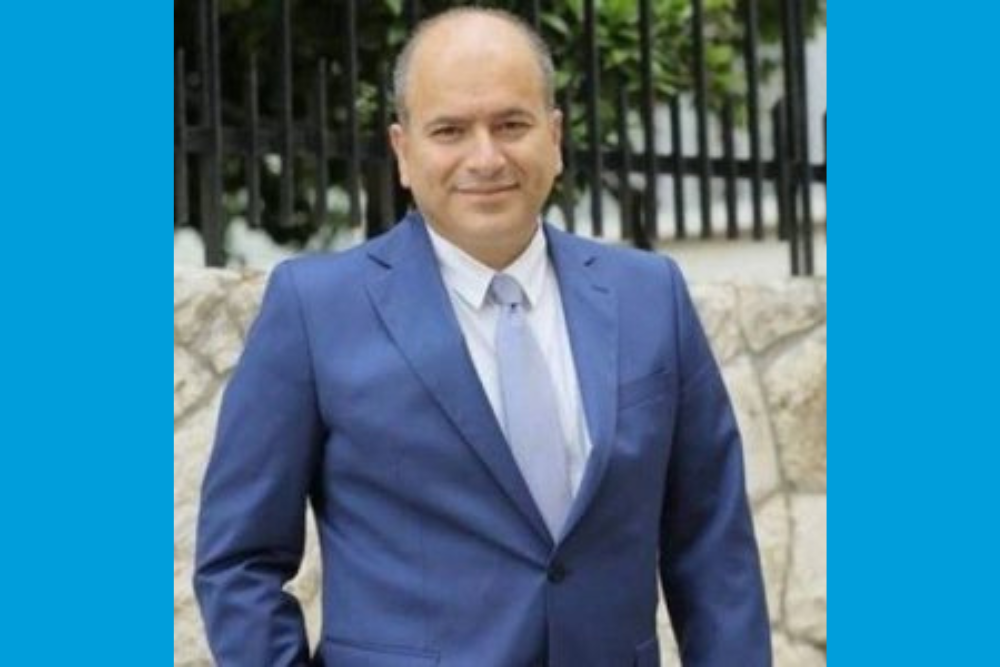
Mr. Wissam Zaarour
Mayor of Byblos, Lebanon
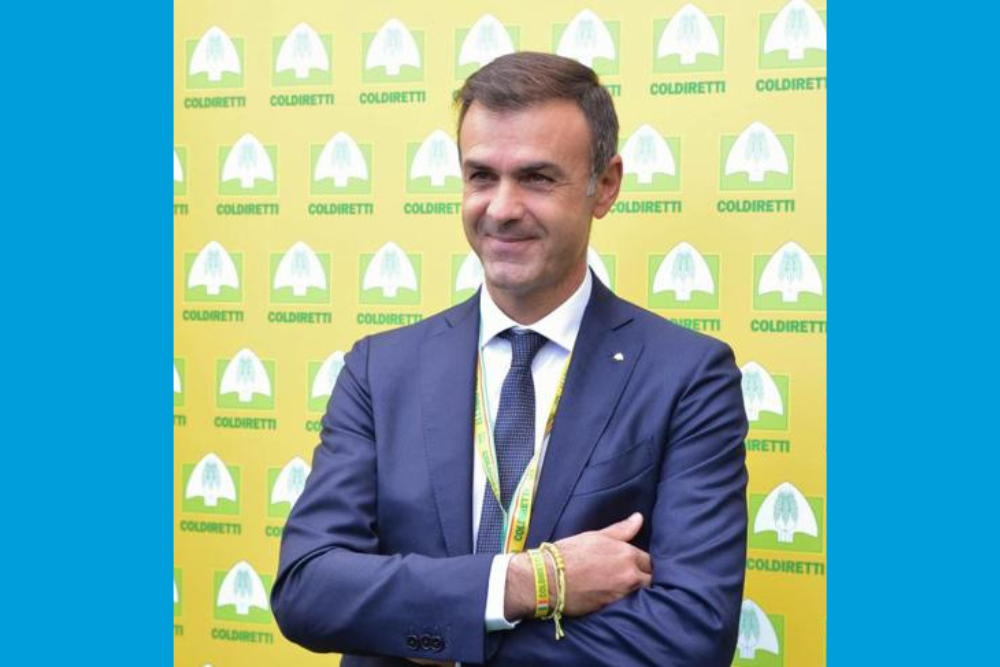
Mr. Ettore Prandini
President of Coldiretti
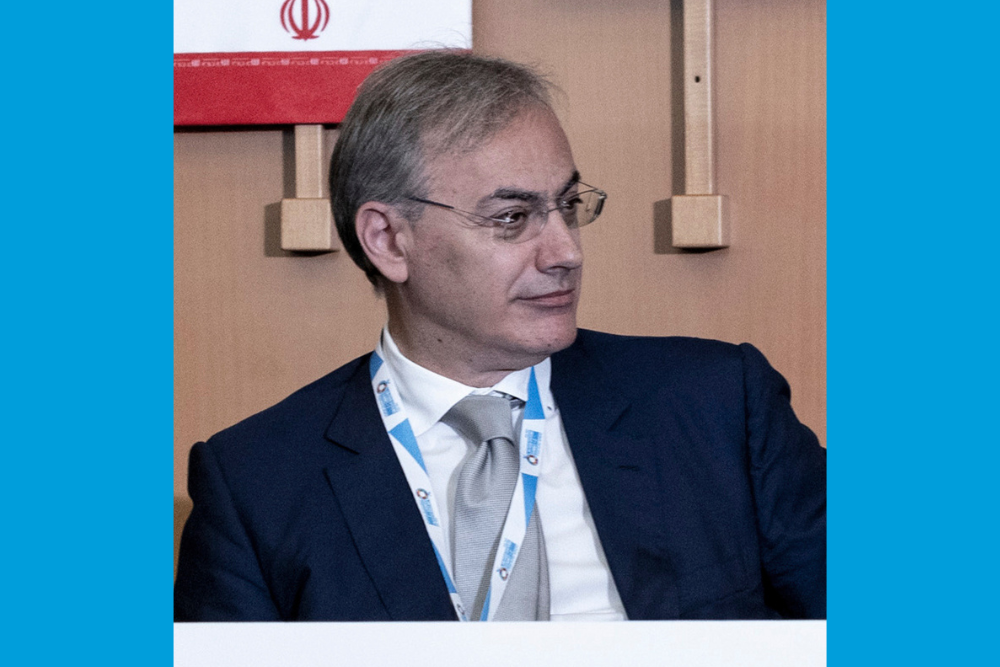
Mr. Paolo Mascarino
President of Federalimentare
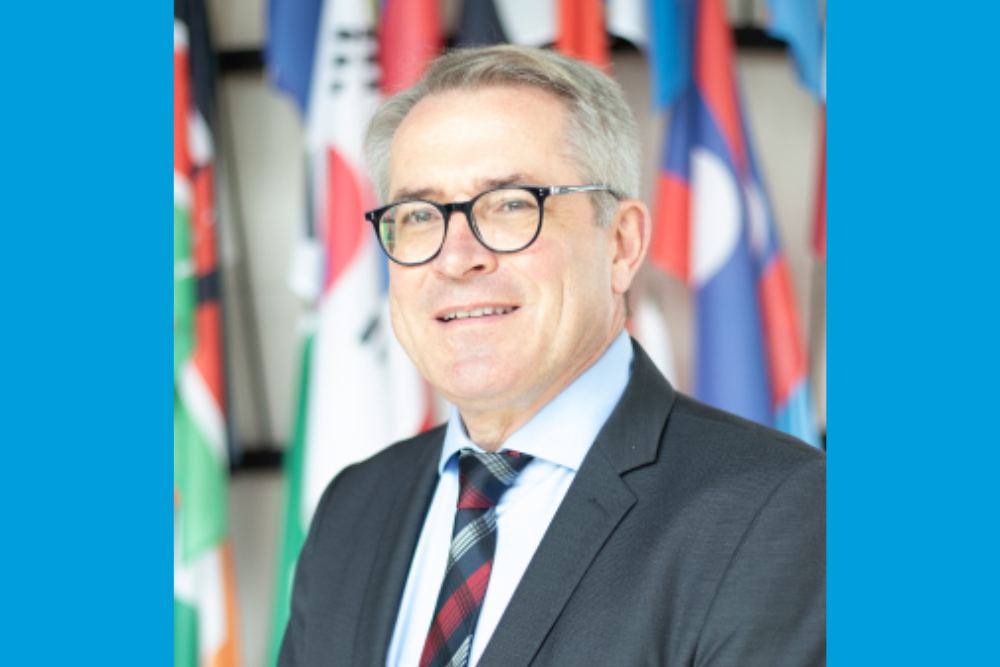
Mr. Gunther Beger
Managing Director of the Directorate of SDG Innovation and Economic Transformation, UNIDO
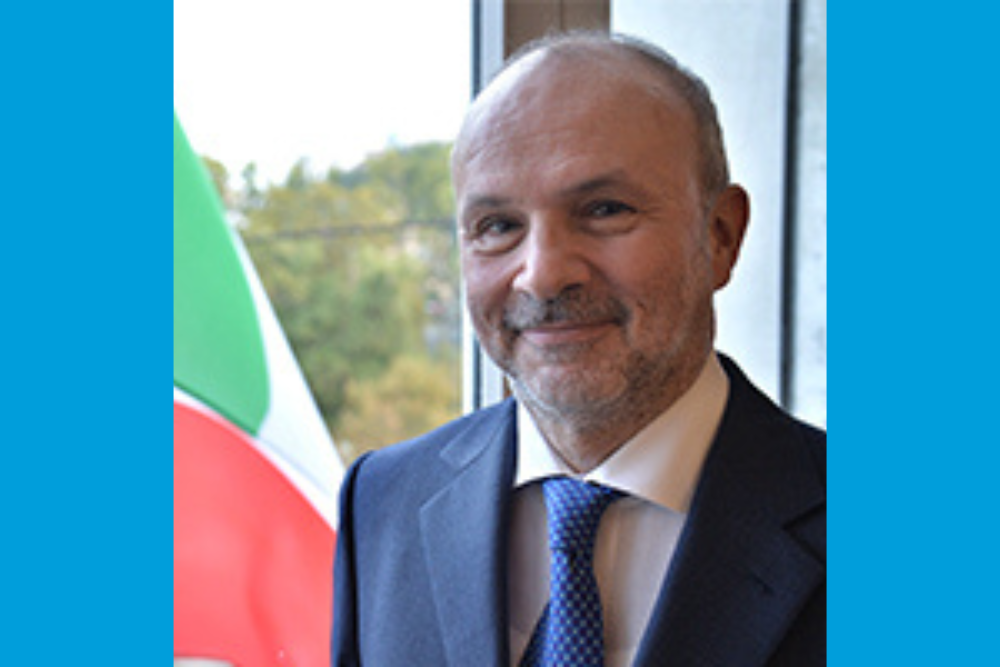
H.E. Mr. Orazio Schillaci
Minister of Health, Italy
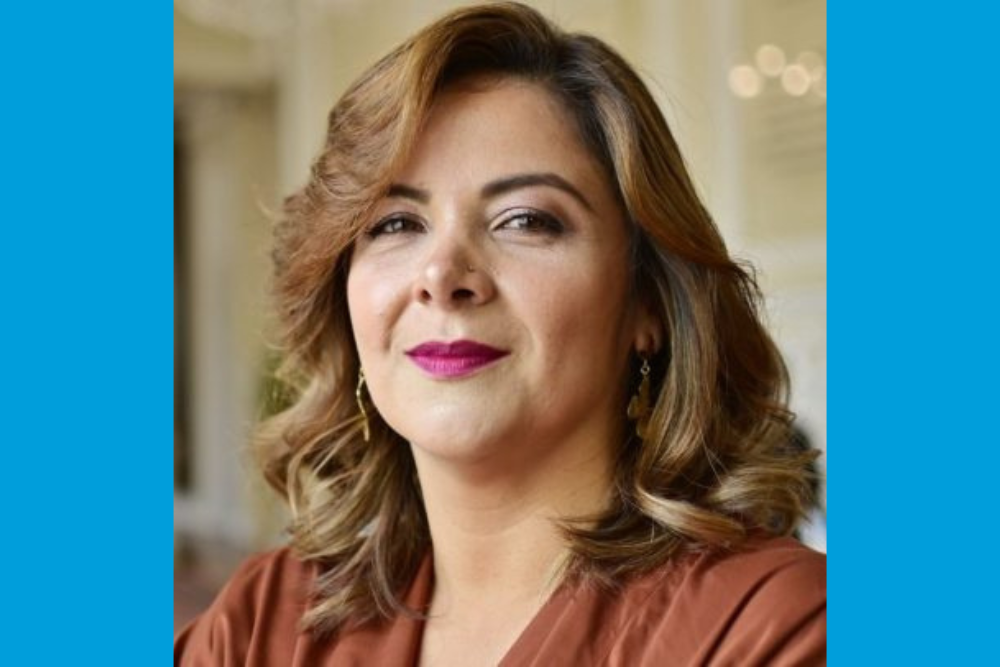
H.E. Ms. Jhenifer Mojica
Minister of Agriculture and Rural Development, Republic of Colombia
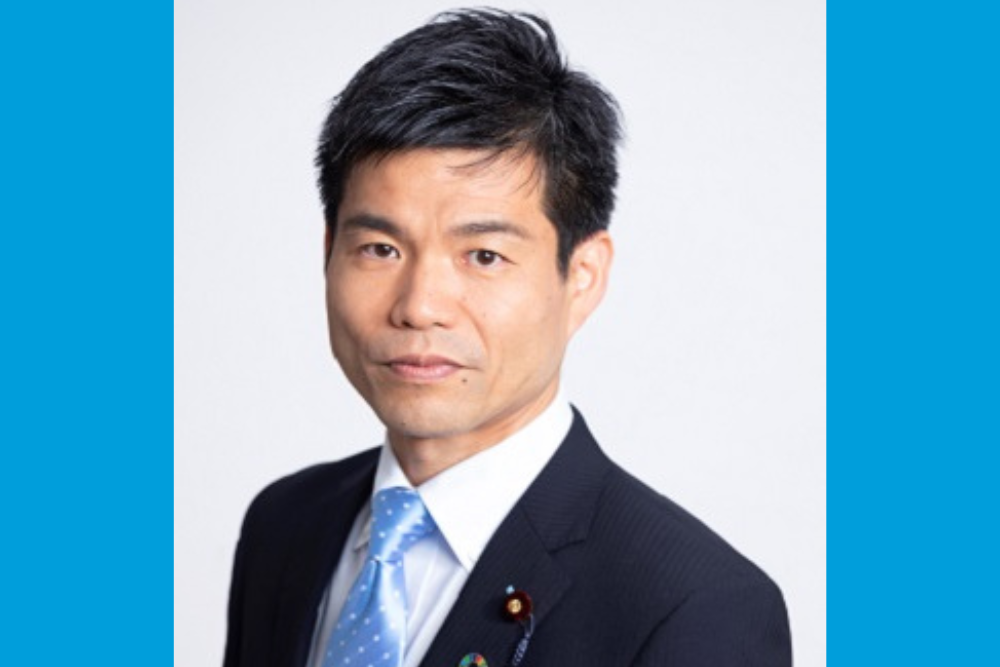
H.E. Mr. Katsumata Takaaki
State Minister of Agriculture, Forestry and Fisheries, Japan
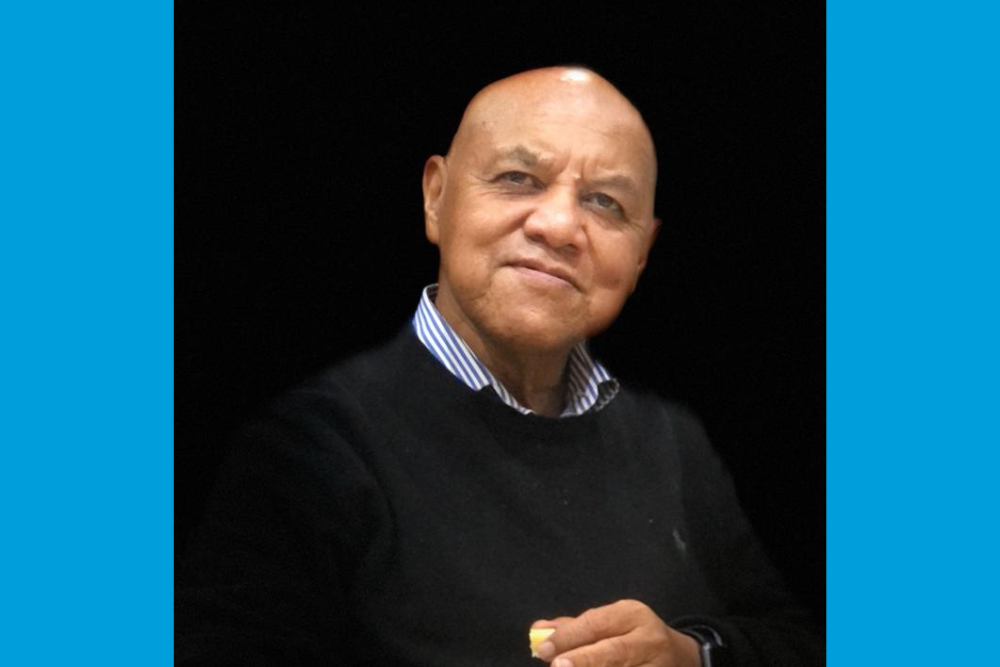
Mr. Phrang Roy
Coordinator of the Indigenous Partnership for Agro-biodiversity and Food Sovereignty

Ms. Louise Mabulo
Chef, Farmer, and Entrepreneur, Founder of The Cacao Project, Philippines
